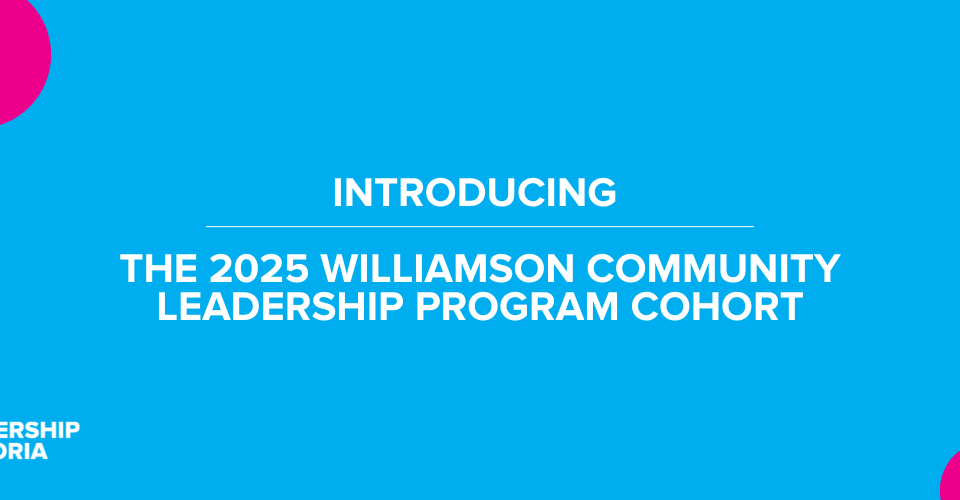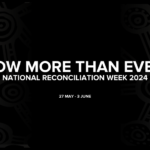
Now More Than Ever: National Reconciliation Week 2024
28/05/2024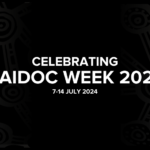
Celebrating NAIDOC Week 2024
25/07/2024Written by Faculty Lead, Dr Katy McDevitt
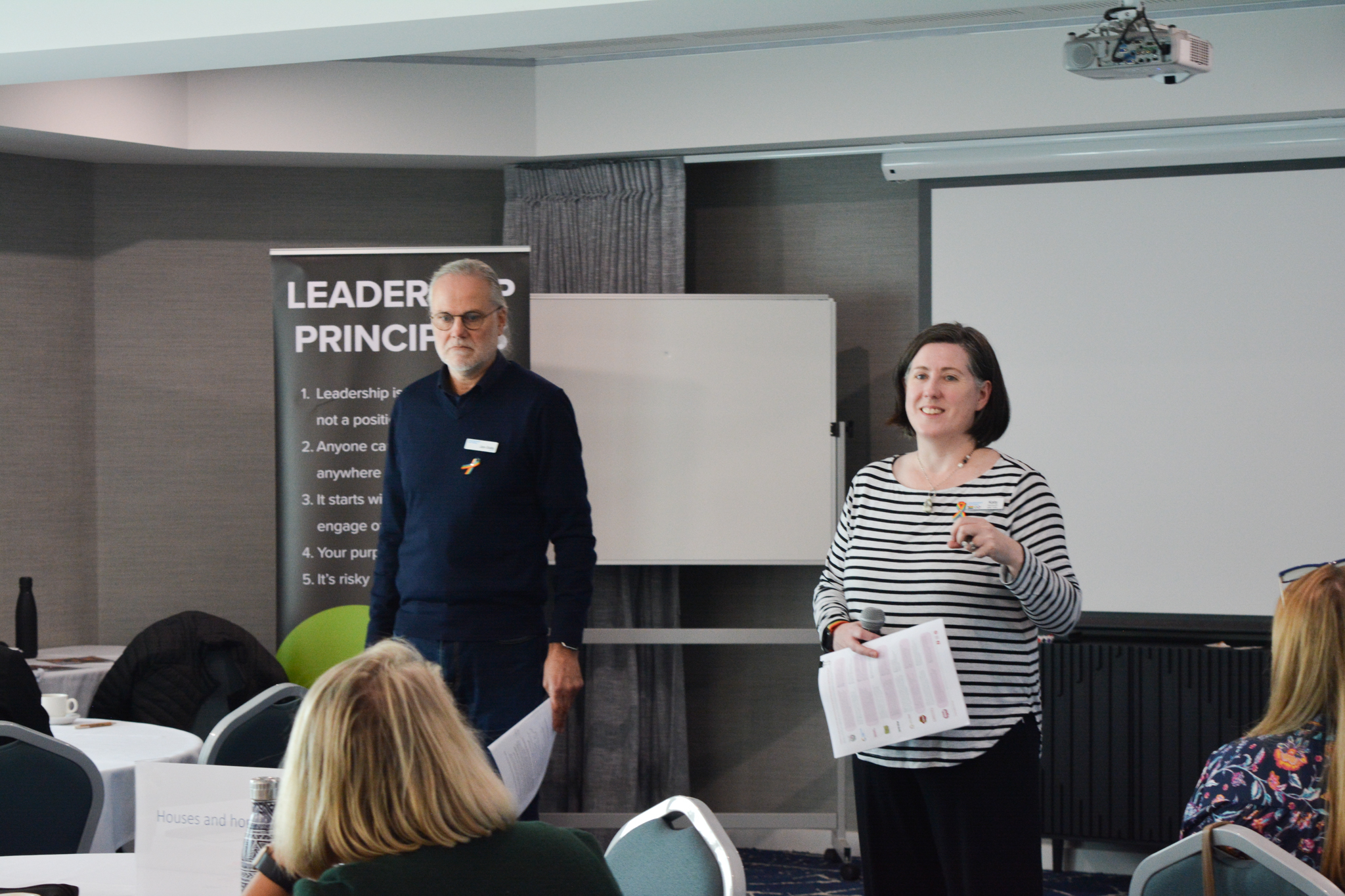
Have you heard the phrase “change is fast and complex, but it will never be this slow and this simple again”? At Leadership Victoria, we work with leaders from a diversity of backgrounds, sectors, organisations, identities and experiences, drawing on leadership approaches and capacities that empower and equip them to bring sustainable change to the organisations and systems where they’re leading change. As leaders begin to understand the nature of the daunting gaps between where things are today, and what they aspire towards, they can move to considering: how can they diagnose the nature of the gap, engage others in the effort to make progress, and hold to purpose for systemic change?
These are the challenges and the opportunities that arise for all leaders. How do we approach developing leaders who join a Leadership Victoria program?
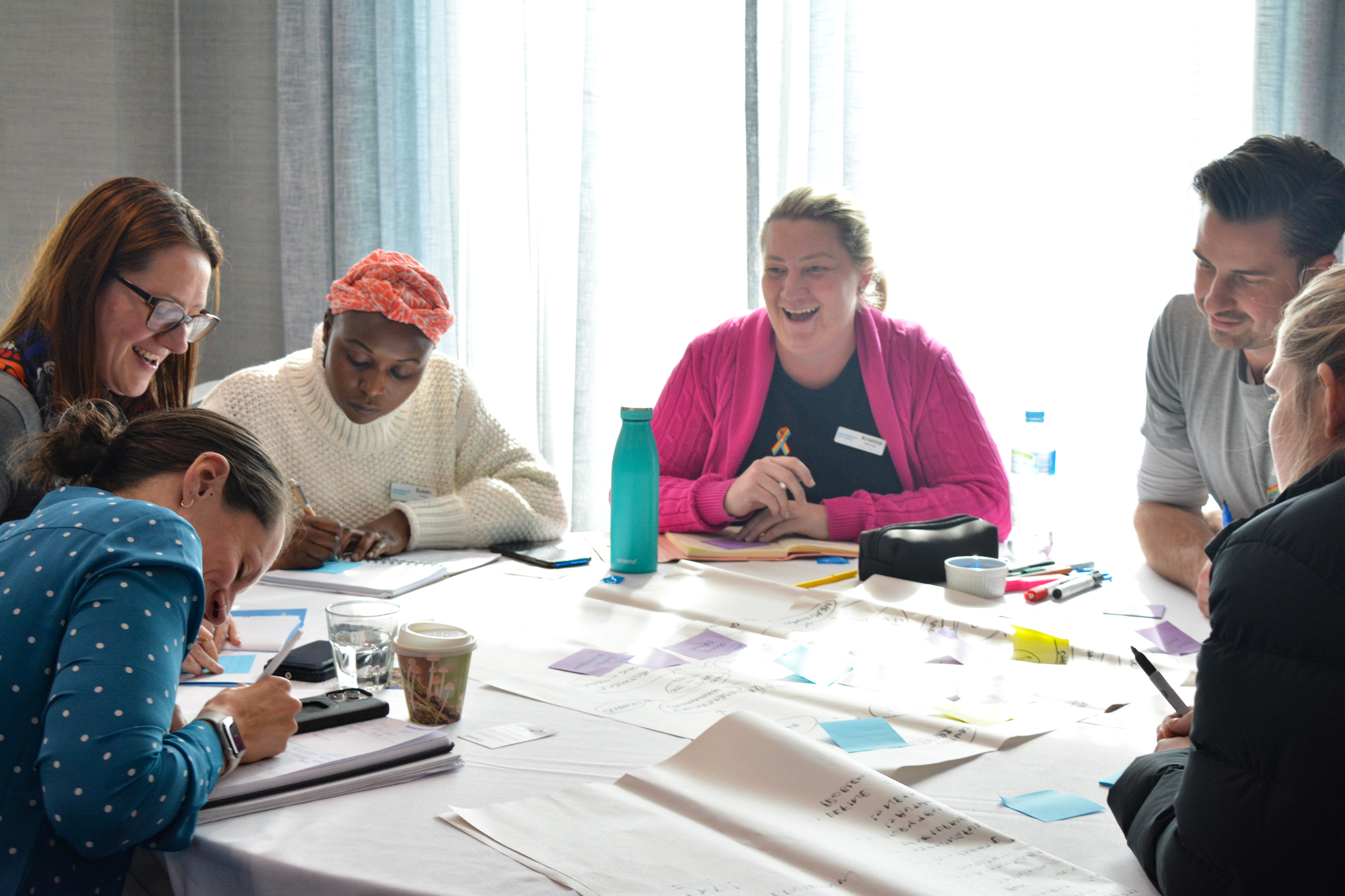
Why don't things change?
The adaptive leadership thought leaders Ron Heifetz and Marty Linsky wrote that the biggest leadership mistake is believing an adaptive challenge is a technical one. Often, the reason why things don’t change in society is not a technical failure in the system – something that went wrong during planning or execution – but the human failure to diagnose the adaptive nature of the situation. The ways in which a problem is complex, laden with hidden values or assumptions, and difficult to reconcile among stakeholders.
It's comforting to believe that a problem is simple and fixable by technical means (spend more money, clarify the brief, change a policy setting) – yet when we look to measure our progress on the issue, we find that the problem seems to have shifted, or popped up again in a different setting, or grown a new and perplexing aspect we didn’t consider before. The adaptive reality is likely to feel distinctly less comfortable and controllable than the one we’d love to be fixing! And because systems are complex and beyond the measurement of simple cause/effect, making change within them is well beyond one person, trading on their own expertise, staying in a domain they feel comfortable within. So, it’s a collective effort to make progress.
Complex change is, by definition, outside our individual authority and outside our comfort zone, as well as being outside our personal control. We need to find a new way of being at a point of dis-equilibrium – getting used to being off-balance and regulating the heat when issues are building momentum. We need – and we can – find ways to resource and sustain ourselves and others to do this kind of leadership work, long term.
This is where Leadership Victoria draws on Vertical and Adult Development bodies of work, including deep-dive investigation of personal values, beliefs and ways of making meaning, such as Bill George’s True North, Bennis and Thomas’s Crucibles of Leadership, and David Rooke and Bill Torbert’s Leadership Development Framework.
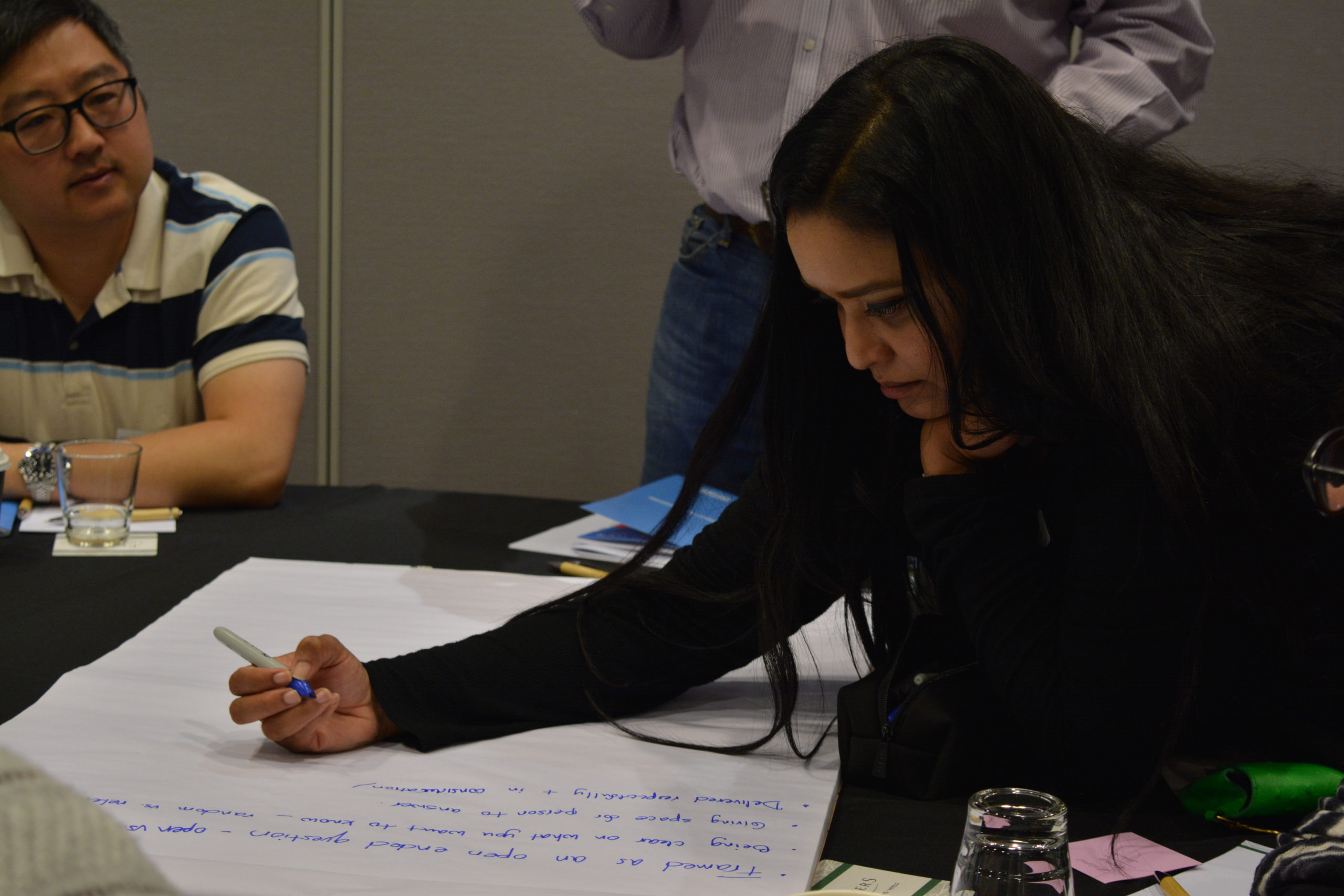
Ready to dance on the edge of your leadership authority?
To lead, we must step out of our ordinary notions of management, and begin exploring a less comfortable space, outside our habitual ways of thinking, acting and leading. To make transformative change we are called on to lead beyond what our formal position says we’re ‘allowed to’ – which can be risky, but hugely rewarding if we can hold to our purpose and mobilise others to make meaningful change.
This also requires deep inner work, as we strive to dismantle our long-term attachment to leading through our own expertise. As the saying goes, “what got you here, won’t get you there” – if we continue to try to fix complex problems with simple solutions, in what ways might we be limiting opportunities to make progress with underlying and systemic issues?
In Leadership Victoria’s programs, we help leaders investigate deeper dynamics that underpin societal issues – attending to the currents, countercurrents and temperature of the waters we’re in, not only the specification and materials of the boat we’ve constructed! Our programs draw from global thought leadership in fields including Adaptive Leadership, Adult Development, and Systems Thinking. Using dialogue-led and highly collaborative methods, we empower leaders to discern more of the complexity that’s all around their leadership work, and we equip them to work more flexibly to make progress on what needs to change, operating deeply in tune with their own unique values and beliefs.
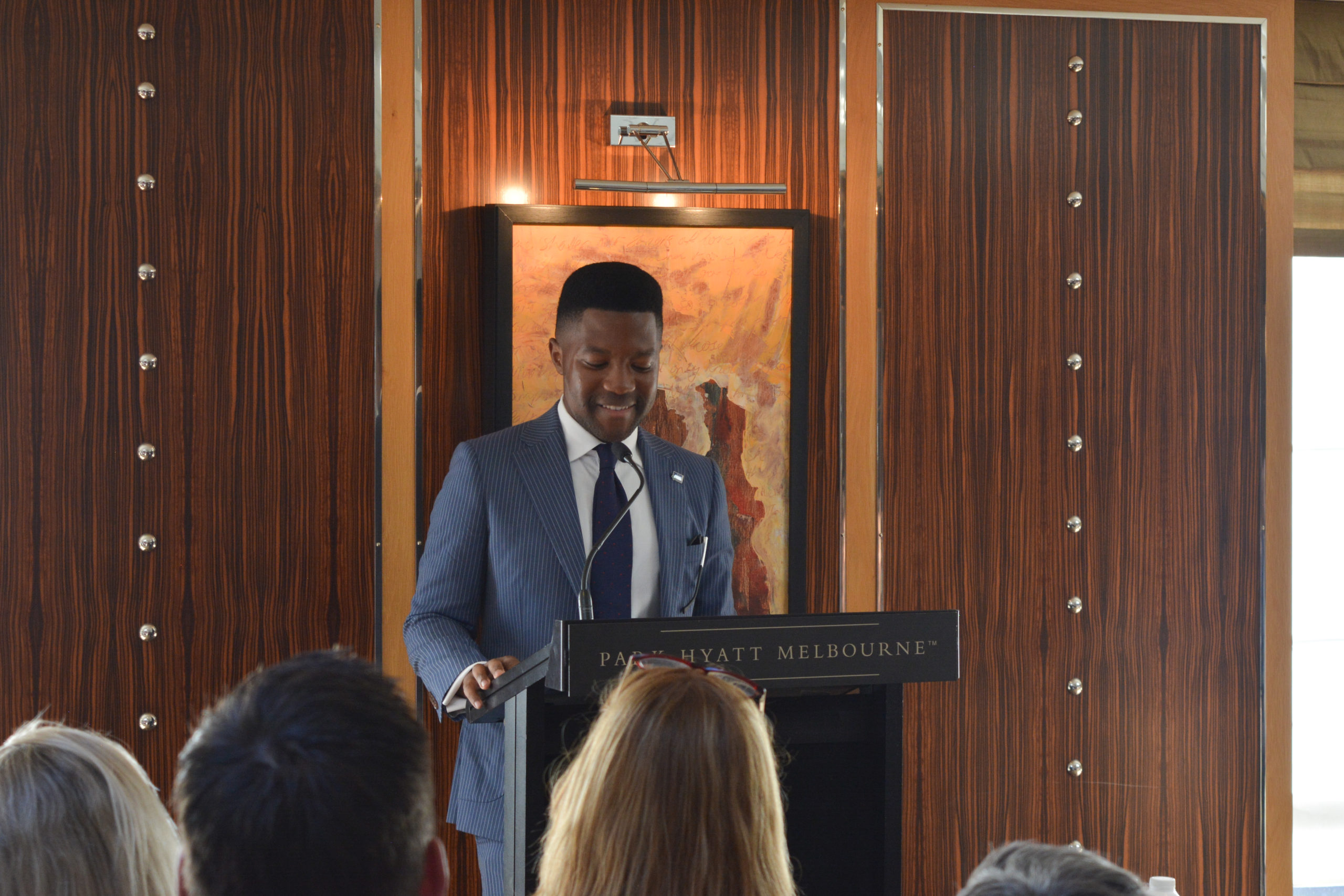
How do we lead more adaptively, within complex human systems?
To begin leading adaptively – in tune with complex times rather than in denial about them – we have to release the stories we tell ourselves, and begin to listen more deeply to different stories, sometimes from unusual sources – ones that we may find disconcertingly off-tune, until we learn to fully appreciate this new form of music. How do the people with a stake in the issue, see the issue? What is keeping them wedded to the status quo? What systems are in play, and how is influence flowing through them? Once we get into this new way of discerning what’s happening, we can discover a rich variety of notes and signals available to us to make progress as leaders.
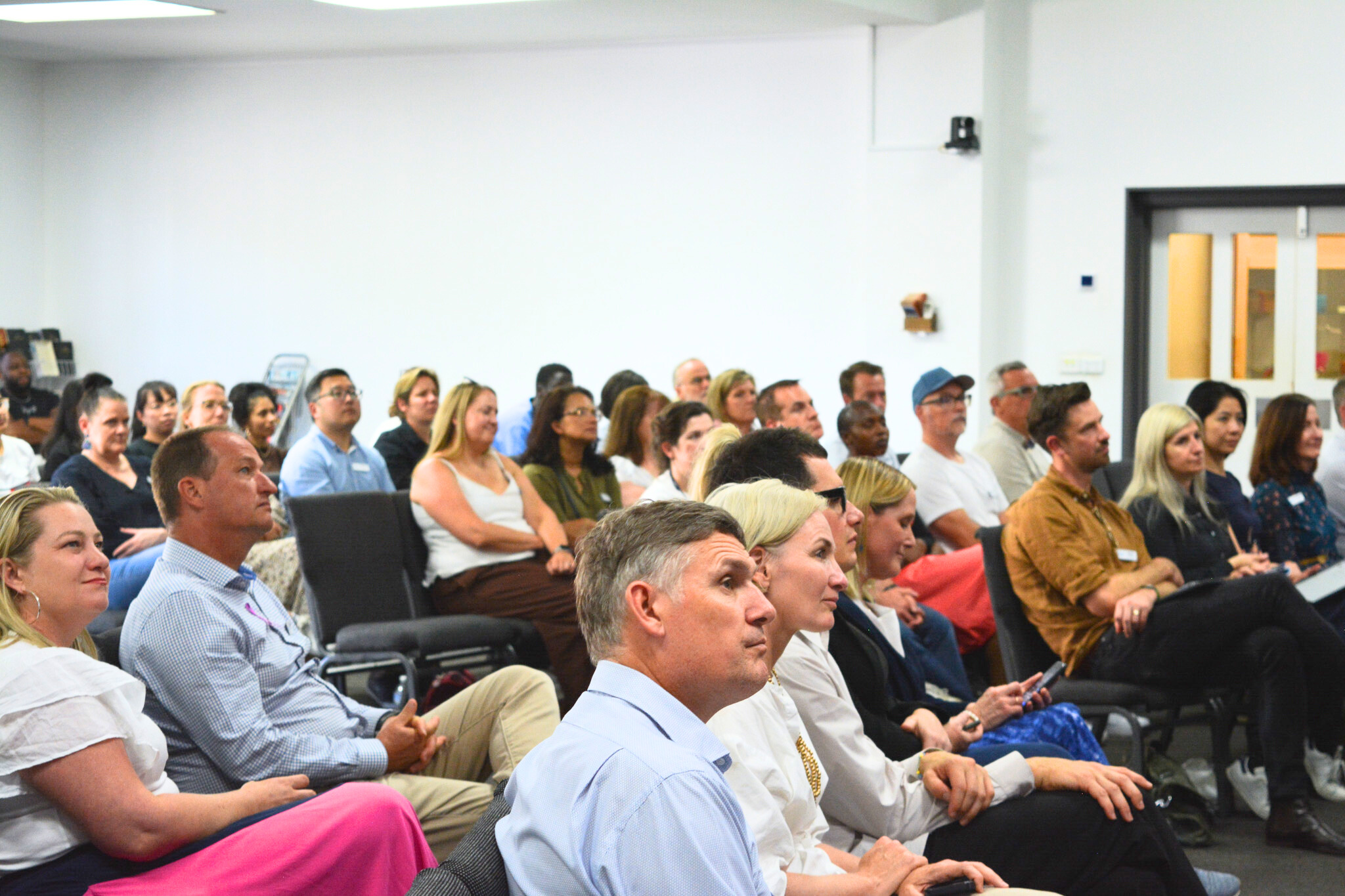
A space for practicing leadership, inside and out.
The thought leader on complexity, Jennifer Garvey Berger, invites leaders to tackle adaptive work through three simple-sounding, yet powerful, practices: asking different questions, taking multiple perspectives, and starting to see the system. Once we begin doing practices like these, we can better manage ourselves, diagnose adaptive situations and systems, energise others to make progress, and make skilful interventions for positive change.
Leadership Victoria programs support leaders to generate transformative development that translates into powerful organisational and community change.


